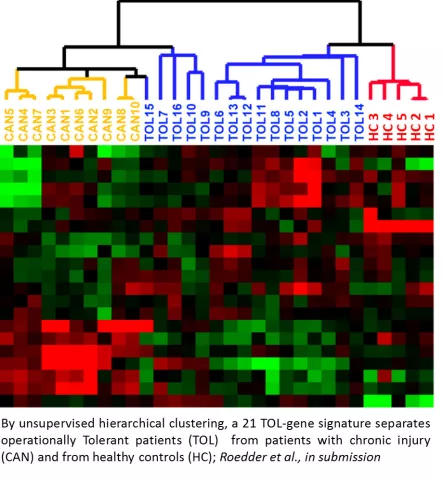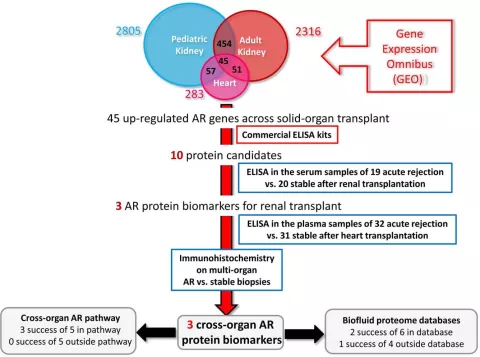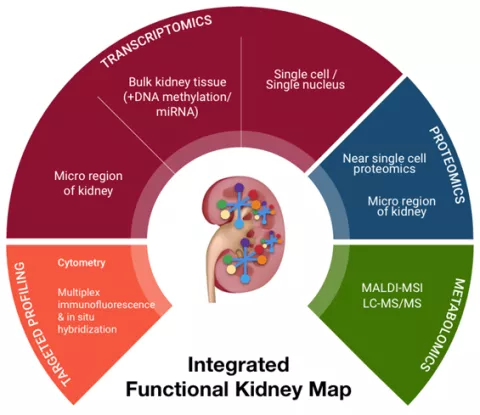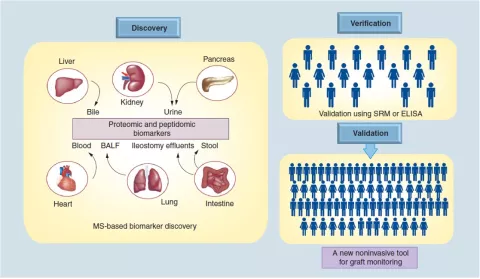Research
Sensitive and effective biomarkers that are helpful in timely diagnosis of different diseases are unmet need. Rapid progress in high throughput molecular screening methods and developments in bioinformatics tools in recent years have provided us with new tools in basic and clinical research. Yet current status of availability of effective biomarkers and their use in clinical setting is far from satisfactory. The goal of the Sarwal lab is to identify potentially important diagnostic, prognostic, and therapeutic markers for disease diagnosis, monitoring and therapeutic intervention if necessary. However, discovery of a true biomarker is more efficient with proper understanding of disease mechanism. Therefore, our goal is to unravel the injury causes and mechanisms in diseases. In addition, we aim to discover and validate clinically applicable biomarkers by using powerful state-of-the-art methods and bioinformatics.
Clinical & Translational Research
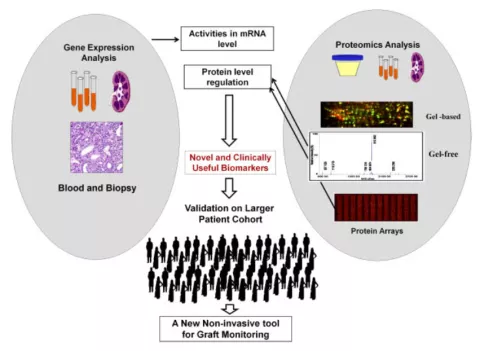
Organ Transplantation Research
